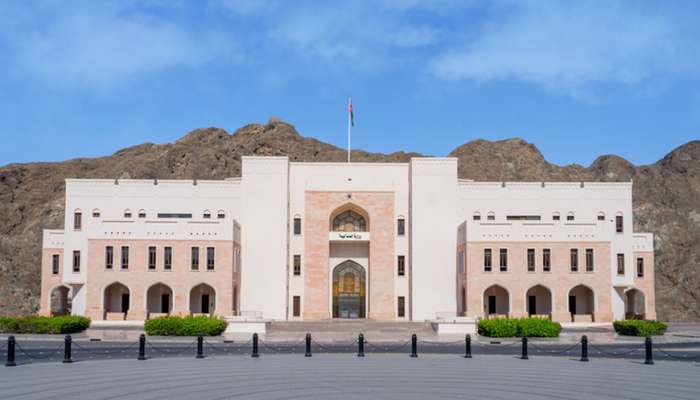The Ministry of Finance in Muscat has recently completed the third experimental phase of the Unified Treasury Account (TSA) project at two new ministries – The Ministry of Commerce, Industry and Investment Promotion, and The Ministry of Housing and Urban Planning. This project aims to consolidate and optimize government cash resources by implementing a unified structure of government bank accounts. So far, 7 institutions have successfully implemented the first three experimental phases of the TSA. The revenues of government departments covered during these phases accounted for around 61 percent of the total volume of current revenues estimated in the State Budget for 2024.
Moreover, the authorities involved have also managed to inventory 95 percent of government accounts at commercial banks and Islamic banks in the State Budget for 2024. The implementation of the TSA has led to several outcomes such as regulating government bank accounts, enhancing the efficient utilization of cash liquidity in these accounts, improving cash forecasts based on accurate and immediate data, and automating banking operations for government institutions. These achievements demonstrate the successful progression of the project and its potential benefits for government financial management.
The Ministry of Finance has highlighted that steps are currently being taken to move forward with the 4th stage of the TSA project. This indicates a commitment to further enhancing the efficiency and effectiveness of government financial operations. By continuing to implement the TSA, the government aims to streamline its financial processes, improve transparency and accountability, and achieve better overall financial management. This ongoing progress aligns with the government’s efforts to modernize and enhance financial systems for better governance and economic development.
The completion of the third experimental phase of the TSA project at the two new ministries underscores the government’s dedication to implementing advanced financial systems and technologies to improve financial management practices. As the project moves forward, it is expected to bring about more benefits such as increased accuracy in financial data, reduced risks of errors or mismanagement, and better control over government cash resources. These advancements will ultimately contribute to more effective decision-making and resource allocation within the government.
The successful implementation of the TSA project at multiple ministries and government institutions demonstrates the willingness of the Omani government to adopt innovative solutions for financial management. By consolidating government cash resources and streamlining financial operations, the TSA project is expected to lead to better control over financial processes and resources. This, in turn, will contribute to improved financial stability, transparency, and efficiency within the government, ultimately benefiting the country’s overall economic growth and development.
In conclusion, the completion of the third experimental phase of the TSA project at the Ministry of Commerce, Industry and Investment Promotion, and the Ministry of Housing and Urban Planning is a significant step towards modernizing and enhancing government financial management in Oman. As the project progresses, it is anticipated to bring about numerous benefits such as improved financial transparency, efficiency, and accuracy. By continuing to implement the TSA project, the government is taking proactive measures to enhance financial governance and support economic growth and development in the country.











